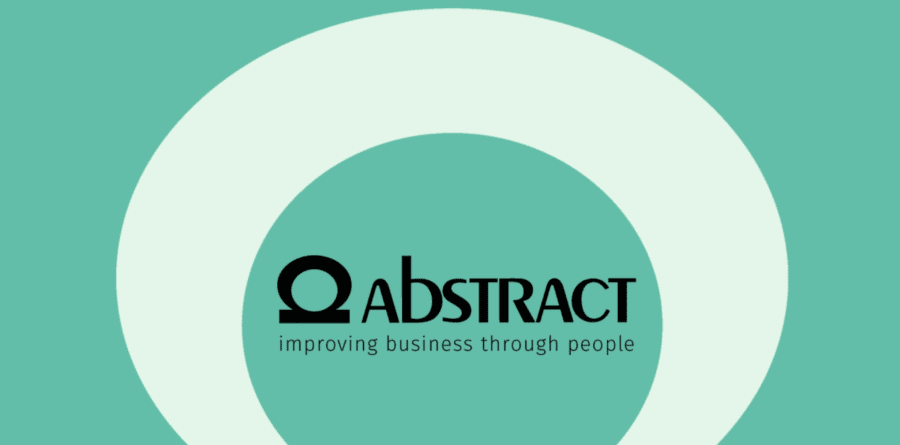9/05/2022
Mental Health Awareness Week 2022: It’s time to address loneliness in the workplace
Contributed by Abstract
16/02/2022 - Abstract

It’s easy to lose sight of the bigger picture. In fact, when your attention is being absorbed by different business activities, it’s almost guaranteed to happen. That’s not a failure of leadership in itself, and as we’ll explain, it can even happen to organisations that have world-class talent in their ranks. But what do you do when everybody in your organisation is missing the big picture? In this blog, ABSTRACT will help you identify the warning signs, and share the key actions you can take to shake off this phenomenon, known as collective blindness, for good.
To correct collective blindness, you must first recognise its existence.
Collective blindness is the term used to describe a situation where a group of people ignore, or fail to see, an obvious problem or danger. It’s not a new term. It’s been used to explain why the CIA missed red flags in the lead up to 9/11. But the reality is, it can, and does, occur in organisations of all shapes and sizes.
Often, when teams have worked closely for long periods of time, there’s potential for people to get wrapped up in echo chambers and groupthink. This can lead to harmful consequences for your business. It results in poor decisions and a limited ability to embrace new opportunities, or predict emerging challenges.
How collective blindness led to disaster on 9/11.
The CIA were renowned for their ability to hire the best of the best. Every year, their testing process whittles down tens of thousands of applicants to a handful of people. And yet, CIA directors still remained oblivious to the problem they were inadvertently creating.
Because, as it turns out, all those new recruits looked just like everyone else in the agency. White, male, and largely from the same protestant background. They shared the same thoughts and beliefs as the CIA leadership, echoed their outlooks, and fell into line with the current way of thinking.
The end result? Despite having some of the most gifted analysts in the world working around the clock, nobody was on hand to look at things from a different perspective. Nobody was there to suggest that the enemy might be planning something different from everything that had happened before. And the rest, as they say, is history.
Reducing your blind spots with diversity of thought.
“Once we understand the importance of collective brains, we begin to see why modern societies vary in their innovativeness. It’s not the smartness of the individuals… It’s the willingness and ability of large numbers of individuals at the knowledge frontier to freely interact, exchange views, disagree, learn from each other, build collaborations, trust strangers, and be wrong. Innovation does not take a genius or a village; it takes a big network of freely interacting minds.” – Harvard anthropologist Joseph Henrich.
In any large organisation, one person can’t have all the answers. There will always be gaps in knowledge. In fact, one group of similar people will likely all share the same blind spots.
To get around this issue, organisations need to place a greater focus on diversity and inclusion, and inclusive leadership strategy.
Building inclusive leadership that serves your business
At ABSTRACT, they define inclusive leadership as: “An ability to listen with the intent to understand others, regardless of differences, and to appreciate all views, regardless of community status.”
On their award-winning Leading with Cultural Intelligence and Inclusion course, they empower senior leaders to embrace the traits that will create a more inclusive and diverse workplace. Talking about developing an awareness of bias, curiosity about others, cultural intelligence and visible commitment to changing the current status quo.
When your top-level can actively lead with diversity of thought, they set the cultural tone for others to emulate. And for organisations stepping out into the post-pandemic world, looking to gain advantages in a changed landscape, there’s never been a more pressing time to address this issue.
Want to banish collective blindness from your business? Start by downloading ABSTRACT’s FREE Back to Better playbook. Inside you’ll find plenty of guidance on preparing your business for the challenges facing us all right now.
If you want to learn more, book your place on ABSTRACT’s webinar ‘How to Improve Diversity of Thought & Respect’. This webinar has been researched and designed to provide an insightful backdrop for your people striving to create an inclusive modern-day environment for their people to not only survive, but to thrive!
All articles on this news site are submitted by registered contributors of SuffolkWire. Find out how to subscribe and submit your stories here »